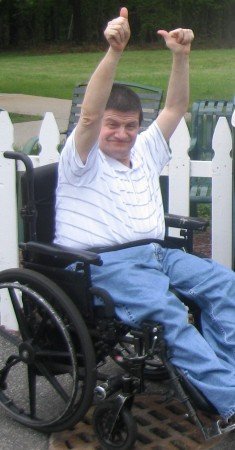Services for Adults with Developmental Disabilities
 For more than 40 years, Little Flower has been committed to providing quality residential services and treating individuals with respect and dignity. We are proud to be one of the first agencies to offer responsive and compassionate alternatives to State run institutions.
For more than 40 years, Little Flower has been committed to providing quality residential services and treating individuals with respect and dignity. We are proud to be one of the first agencies to offer responsive and compassionate alternatives to State run institutions.
Each person is assisted to maximize his or her potential for self-care, social, emotional, and physical development. The dedicated team of administrators, direct care workers, and clinicians work together to provide a continuum of care. Services are provided in Brooklyn, Queens, and Long Island.
Our residential programs for adults with Intellectual and Developmental Disabilities (IDD) provide services to the individuals we support 24 hours a day, 365 days a year.
We are as committed to supporting the individual who resides in our programs through the COVID-19 pandemic as we have since the program’s beginning in the 1970s. We know that the need for services and supports are critical even in the best of times, let alone a pandemic.
If you would like to speak with someone about placement and to get more information, please contact Robin Bailey at baileyr@lfchild.org.
Click here to view our Reopening Safety Plan.
RESIDENTIAL PROGRAMS
Little Flower’s population of over 400 individuals with developmental disabilities have abilities that are as varied and widespread as their disabilities.
As such, Little Flower offers three types of residential programs to meet each individual’s need and potential:
FAMILY CARE PROGRAMMost of our residents live and are cared for through our Family Care Program. Here individuals live with families who are certified by New York State and are supervised and monitored by Little Flower. |
|
Individual Residential Alternative (IRA)IRA is a small-group residence that provides residents with more opportunities for greater independence. |
If you would like more information or to make a referral, please contact Robin Bailey at baileyr@lfchild.org.
…
It is difficult to define the limits of people with disabilities as we continue to discover extraordinary abilities within them. While these individuals face a more challenging future than most, they still can enjoy a full and active life. What they need most is encouragement, understanding, and the willingness of others to help them maximize their opportunities for becoming part of the community.

Connect with Little Flower